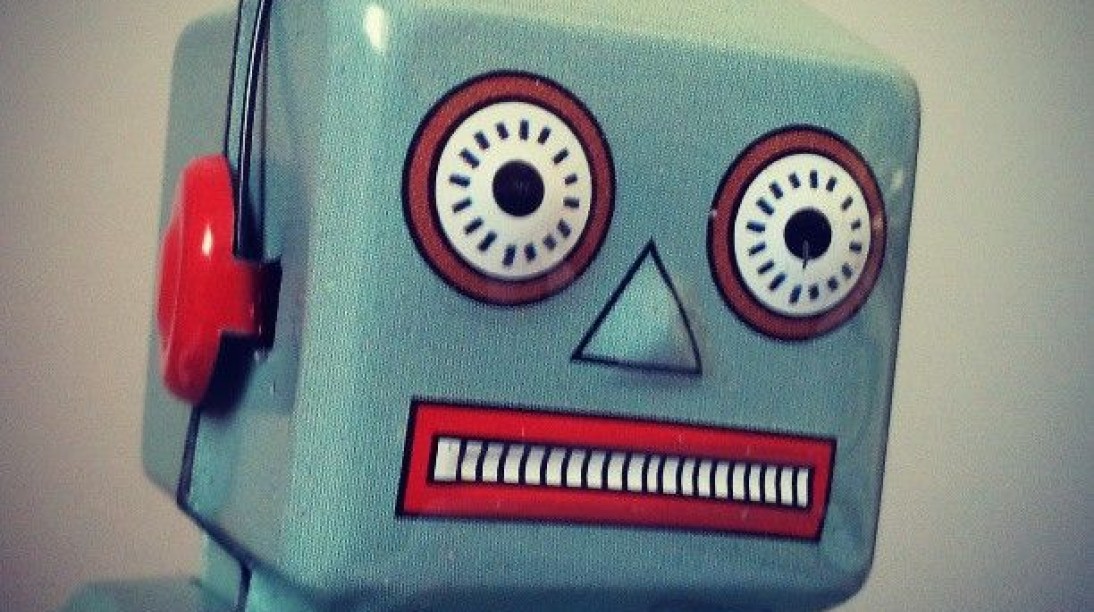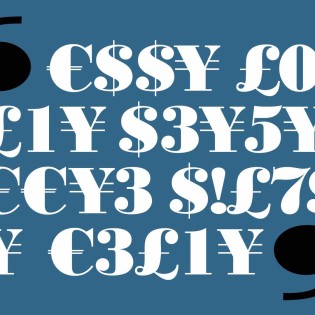Robo report

Google's AI news is daft
I first worked for a local newspaper when I was 16. It had 11 reporters. Now we expect five to cover the whole country.
Last week, the Press Association announced a plan to create up to 30,000 local news stories using five journalists and a flock of robots. The scheme is to be funded by a £700,000 grant from Google.
I say “grant”, but £700,000 is a drop in the ocean compared to the amount of advertising revenue Google has taken from local and regional newspapers.
Here are some figures. In 2016, internet advertising revenue grew by 13.6 per cent to £10.3bn. The share taken by regional newsbrands, however, fell 13.2 per cent to £1bn, according to the Advertising Association/WARC.
The Internet Advertising Bureau reckons about 94 per cent of that growth went to Google and Facebook. The duo take more than half of all UK online advertising.
As a result, local newspapers can no longer fund the volume of serious journalism they once did. We are all poorer for it.
So “grant” isn’t the word. Instead it’s Google handing back money – not high-minded philanthropy. Gosh thanks, Sergey and Larry.
We can assume few of the Press Association’s 30,000 monthly stories will be written by the five journalists. That'd be 6,000 each a month or 200 a day. I used to average three.
And where are the stories coming from? Perhaps the robots will hang out in bars picking up leads. Probably not.
Scaling up mass localisation
The project is called RADAR – or Reporters And Data And Robots. The Press Association – a 150-year-old news agency – says: “RADAR will see journalists identifying national open databases from government departments, local authorities, NHS Trusts and more, and creating detailed story templates across a range of topics including crime, health and employment.
“Natural Language Generation software will be applied to produce multiple versions of stories, to scale up the mass localisation of news content.”
So it's templates recycling press releases and stats that show government in a good light. And scaling up mass localisation. If that phrase is an example of Natural Language Generation, then it has some way to go.
Now it's perfectly possible for AI to write up stock market movements, to gut annual reports and present basic sports results. But that is process.
Proper journalism is something else. As my first boss used to say: “News is what you don't expect to happen.”
News is also what councils, politicians and business don't want you to know. On my local weekly, we were told to go and not come back until we’d found a decent story.
For instance, suppressed reports showing a public building was a serious fire hazard. That's a story I once wrote. It was about a primary school rather than a housing block. I got the story from contacts. That was a long time ago.
Proper news still happens
Regional journalists are still breaking big stories. Jen Williams of the Manchester Evening News was recently named specialist reporter of the year at Press Awards. She had revealed appalling shortcomings at a hospital trust, including a premature baby left to die alone in a sluice room. It’s unlikely AI would have found this story.
Every town needs a Jen Williams. Several Jen Williamses, in fact.
So the robot news plan is daft, but there is a more serious point. The news market is not a level playing field. The global digital platforms have a monstrous tax advantage and they create little or no original content. They just use other people’s.
The BBC has a legally enforceable right to charge every television viewer, allowing it to properly staff its newsrooms. Councils have also used taxpayer’s money to squeeze independent journalism by starting their own publications. That must stop.
Despite all the disdain for the so-called mainstream media, the sneering at Rupert Murdoch and the Daily Mail, we’d all miss journalists if they were gone. So would democracy. But someone, somewhere has to pay for it. Let’s tax the internet giants properly, divert some licence-payers’ money to local newspapers and ban councils from pretending to be publishers. It’d be a start.
In the meantime, robo-reporters will interview fellow robots to write robot stories to be read by robots.
The Press Gazette has launched a campaign to stop Facebook and Google destroying journalism.





